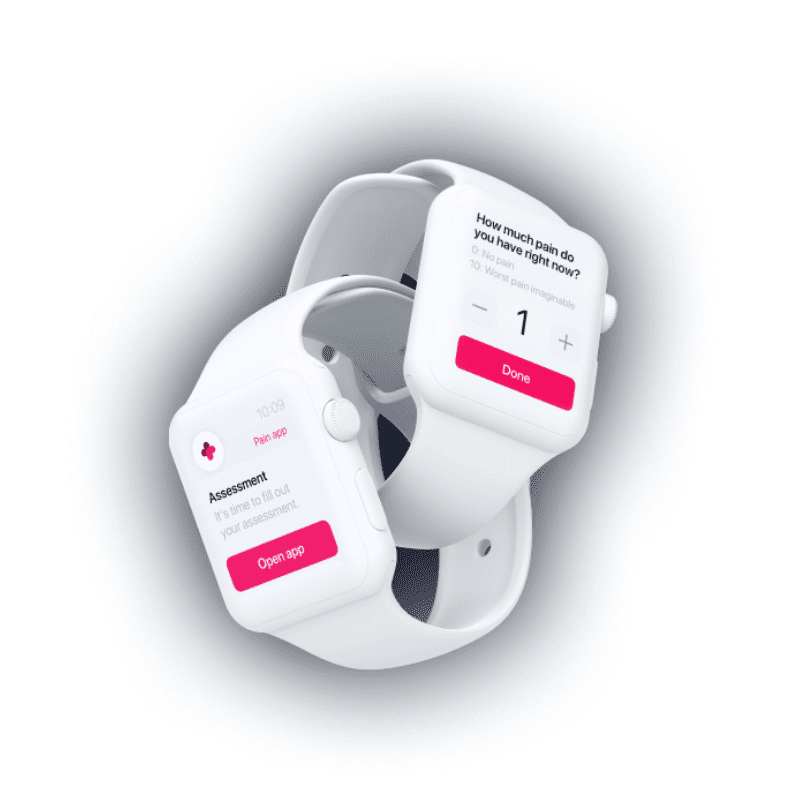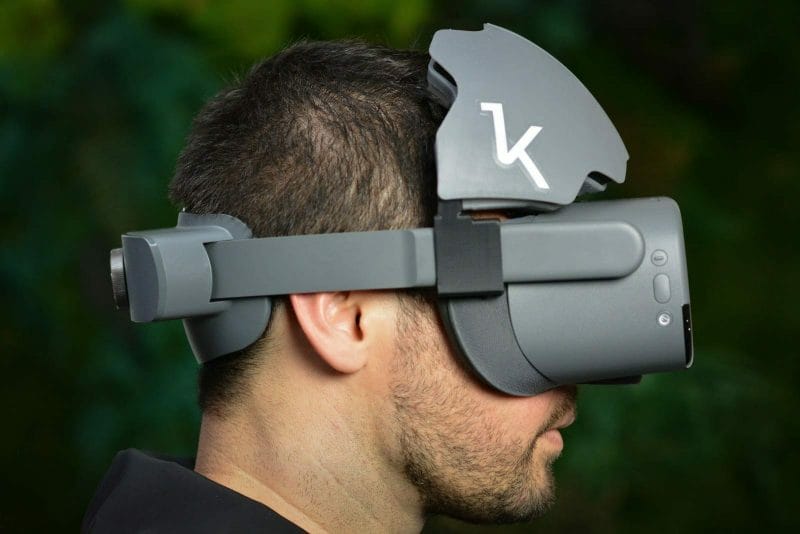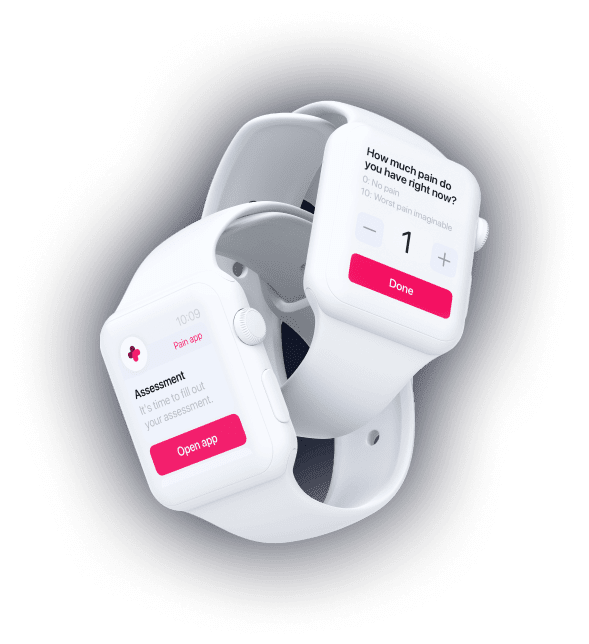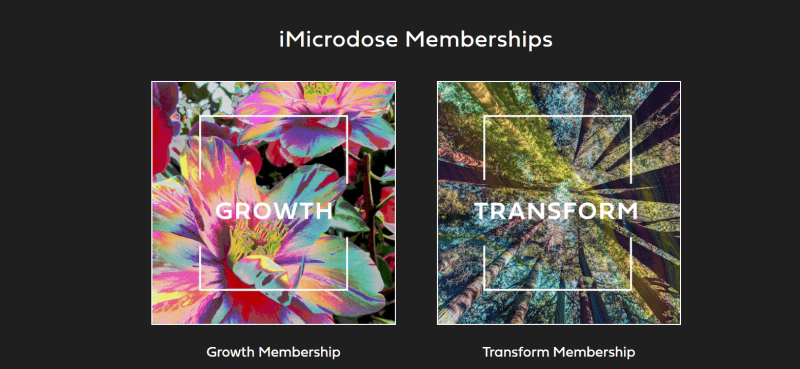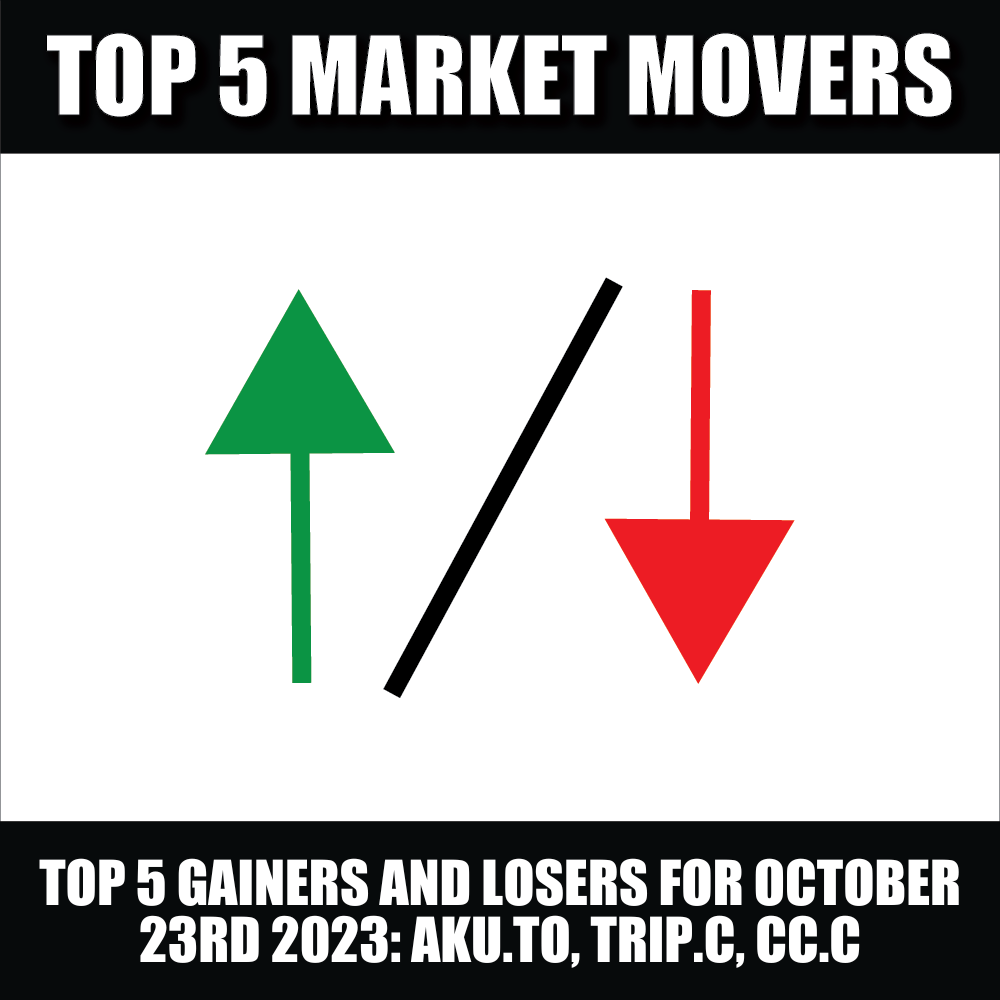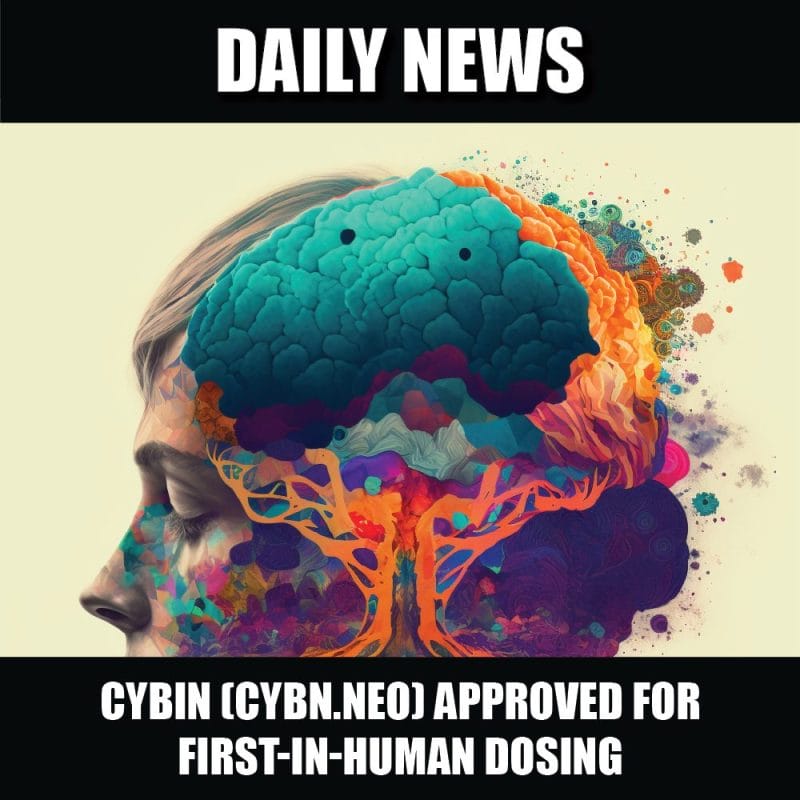“The truth is that everyone is bored, and devotes himself to cultivating habits.” – Albert Camus, The Plague
E-commerce
For decades companies have invested billions trying to understand consumer behavior, and in one year Covid-19 turned all that data into mush.
Shopify (SHOP.N), the e-commerce giant believes even in a best-case scenario where the world returns to some form of normal, Covid-19 will likely change how society functions and interacts, including shopping habits. The company, along with its affiliates is urging its clients to adapt to the changing landscape because it isn’t going anywhere. Shopify is planning on hiring around 2,000 technical staff this year to keep up with the demand of online shopping.
Despite GDP dropping across the world, now, more than ever people are buying products online, and economists predict this won’t end once the world starts to open up again. Foot traffic is down 65% in Canada. The US in contrast only saw a 20% decrease in foot traffic as the country, in general, took Covid much less seriously, especially in its early days. In 2020 Lululemon’s (LULU.Q) revenue rose about 2% to $902.9M USD from $883.4M USD a year earlier. Online sales were up 157%.
Not only did seasoned online shoppers step up, but many people who had never shopped online before also did so for the first time during the pandemic. A year in lockdown measures is a long time, long enough to form behavioral patterns. Self-help guru/peak state junkie Tony Robbins says it only takes 21 days to form a new habit, imagine what a year could do.
Customer acquisition costs have gone up during the pandemic, making strong conversion rates even more important than before the pandemic. The average conversion rate for Amazon (AMZN.Q) listings is around 10-15%, which isn’t that crazy. But the rate for Prime members is 74%. This comes down to brand loyalty and understanding the customer. No one does it better than Amazon. First-time buyers often become lifelong customers once they realize the ease and comfort of ordering to their doorstep. Food delivery services have also naturally gone through the roof.
This is a key development in online marketing strategies. Most psychedelics companies designed their pitch decks before Covid-19, and while many pivoted, some did not.
“We are building a tech platform”
The link between mental health and Covid-19/lockdowns has been widely reported. I previously wrote about depression, anxiety, and suicide rates climbing since the pandemic hit. Psychedelics companies are now investing in telehealth platforms, building e-com stores, creating microdose memberships, and partnering with tech companies to try and best position themselves for a post-Covid world.
It’s difficult to build brand loyalty under the many restrictions psychedelics companies face. There are a bevy of products and services they would probably like to sell, but can’t just quite yet. They also have to be especially careful about how they market themselves as they are under the microscope. As was seen in the cannabis industry, traditional advertising methods don’t work, these are largely illegal substances. Companies need to innovate on how they can differentiate themselves, and how they can generate tangibles like revenue, traffic, and signups. One way psychedelics companies are doing this is through technology investments, acquisitions, and partnerships.
The problem is every psychedelics company is building a ‘tech platform’. It has become synonymous with any psychedelics pitch deck nowadays. A tech platform sure sounds sexy, but it’s not always real or practical. Remember all those weed/crypto deals buzzing around in 2018? I can’t remember any by name (shockingly) but you just don’t hear about them anymore.
https://equity.guru/2021/03/15/how-cybin-cybn-ne-is-integrating-new-brain-imaging-technology-with-psychedelics/
Cybin’s( CYBN.NEO) partnership with Kernel flow technology is something tangible. I wrote a piece last month on the benefit of Cybin’s ability to integrate Kernel flow technology with psychedelics trips in the future. The technology has the potential to allow patients of psychedelic-assisted psychotherapy to get a more granular look at how their brain functions. It’s also non-invase meaning the user doesn’t need to put anything into their body. (Elon Musk in shambles) I see potential in this as a consumer product to add to a VR/AR collection. I could see this being used to monitor and document one’s own microdosing experiences at home.
Cybin talked about building an e-commerce platform to sell mushroom supplements last year. It’s set to be completed by the end of 2021, which is kind of a long time for web development (as a dev myself). Something like Shopify would be a much quicker way to get it built unless there are going to some wild API integrations or AI to work with.
MindMed (MMED.NEO) CEO JR Rahn, a former Silicon Valley techie himself has mentioned building tech platforms for the psychedelics industry in several company interviews. MindMed will incorporate HealthMode’s machine learning, product development, and operations employees based in Silicon Valley, New York City, Bratislava, and Prague into MindMed’s newly established digital medicine division, Albert. MindMed recently acquired HealthMode – a machine learning digital health company. I like JR’s connection to the valley, the microdosing culture there has been widely documented. Having strong connections to that world seems like the perfect situation for a psychedelics company interested in tech.
HealthMode will allow MindMed to do remote research studies. I think this could potentially lead to more widespread participation in MindMed studies down the line which could help grow their brand. HealthMode also already has a diverse pipeline of trials and products across areas like oncology, respiratory, neurology, gastrointestinal, psychiatry, and dermatology to name a few.
https://equity.guru/2021/02/18/red-light-holland-trip-cn-selling-psychedelics-in-brazil/
Red Light Holland (TRIP.C) created an online virtual microdose membership portal on their webiste. Those tripping at home can get advice from experts in the field and join a community of other microdosers. This could be a smart tactic for customer acquisition and engagement. I’m not confident many brand new users would approach psychedelics like this, but if Red Light Holland can use their platform to attract some OG’s in the space it could be a smart move. As a new company, building an engaged community of dedicated users is a big step in crossing the chasm, as the marketers say.
These examples are really only the tip of the iceberg. Companies were forced to innovate once Covid hit, but not all did. But Shopify and Amazon’s data have shown us creativity matters when generating leads or gaining customers, especially in this strange era we are in.
These are young companies who are going to face a lot of bumps in the road in the years ahead, I like the ones who can come up with new ways to keep their investor’s and customers’ attention.

